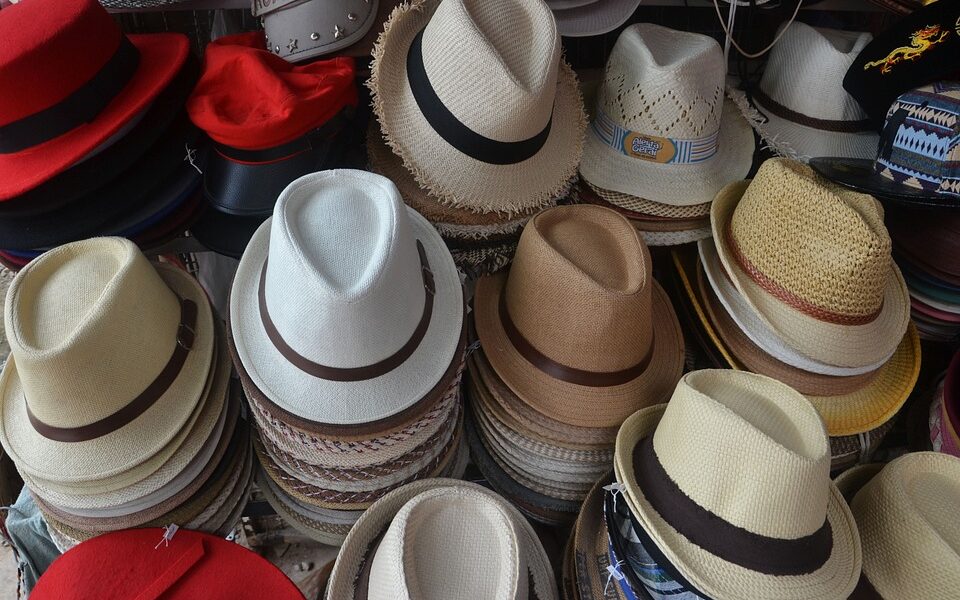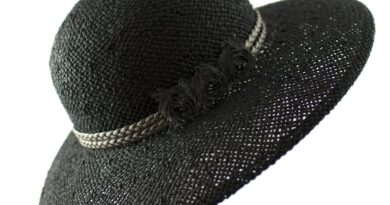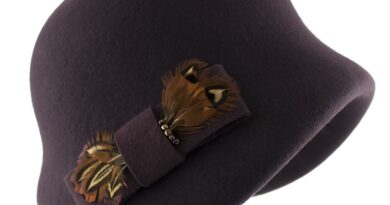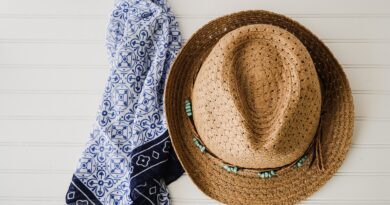The Rise of Sustainable Fashion: How Female Designers are Changing the Industry
The fashion industry has long been associated with environmental degradation and social injustice. From the use of pesticides and harsh chemicals in fabric production to sweatshops and child labor, it is clear that the industry has a long way to go in terms of sustainability and ethics.
However, in recent years, a new generation of female designers has emerged, bringing with them a fresh perspective on fashion and a commitment to sustainability. These designers are dedicated to creating clothing that not only looks good, but is also good for the planet and the people who wear it.
One such designer is Stella McCartney, who has been a pioneer of sustainable fashion since the early 2000s. Her brand is known for its use of organic cotton, recycled polyester, and innovative textile technologies such as Econyl, which is made from recycled nylon. McCartney has also been a vocal advocate for animal rights, refusing to use fur or leather in her designs.
Another designer making waves in the industry is Mara Hoffman, who has made sustainability a key part of her brand ethos. She uses eco-friendly fabrics such as Tencel, organic linen, and recycled polyester, and has implemented ethical labor practices throughout her supply chain. Hoffman also encourages her customers to take a more responsible approach to fashion by providing care instructions and tips on how to extend the life of their clothing.
In addition to these established designers, there are also a number of up-and-coming brands that are making sustainability a top priority. One such brand is Reformation, which has gained a cult following for its trendy, eco-friendly clothing. Reformation uses sustainable materials, such as Tencel, recycled polyester, and deadstock fabrics, and has implemented a rigorous auditing process to ensure ethical labor practices.
The rise of sustainable fashion is not just a passing trend – it is a reflection of a broader shift in consumer values. As people become more aware of the impact of their purchasing decisions, they are increasingly seeking out clothing that is both stylish and sustainable. Female designers are at the forefront of this movement, using their creativity and influence to change the industry for the better.
Of course, there is still a long way to go in creating a truly sustainable and ethical fashion industry. But thanks to these pioneering designers, we are moving in the right direction. By supporting sustainable fashion brands and choosing eco-friendly clothing, we can all play a role in creating a brighter and more sustainable future for the fashion industry – and for the planet.









